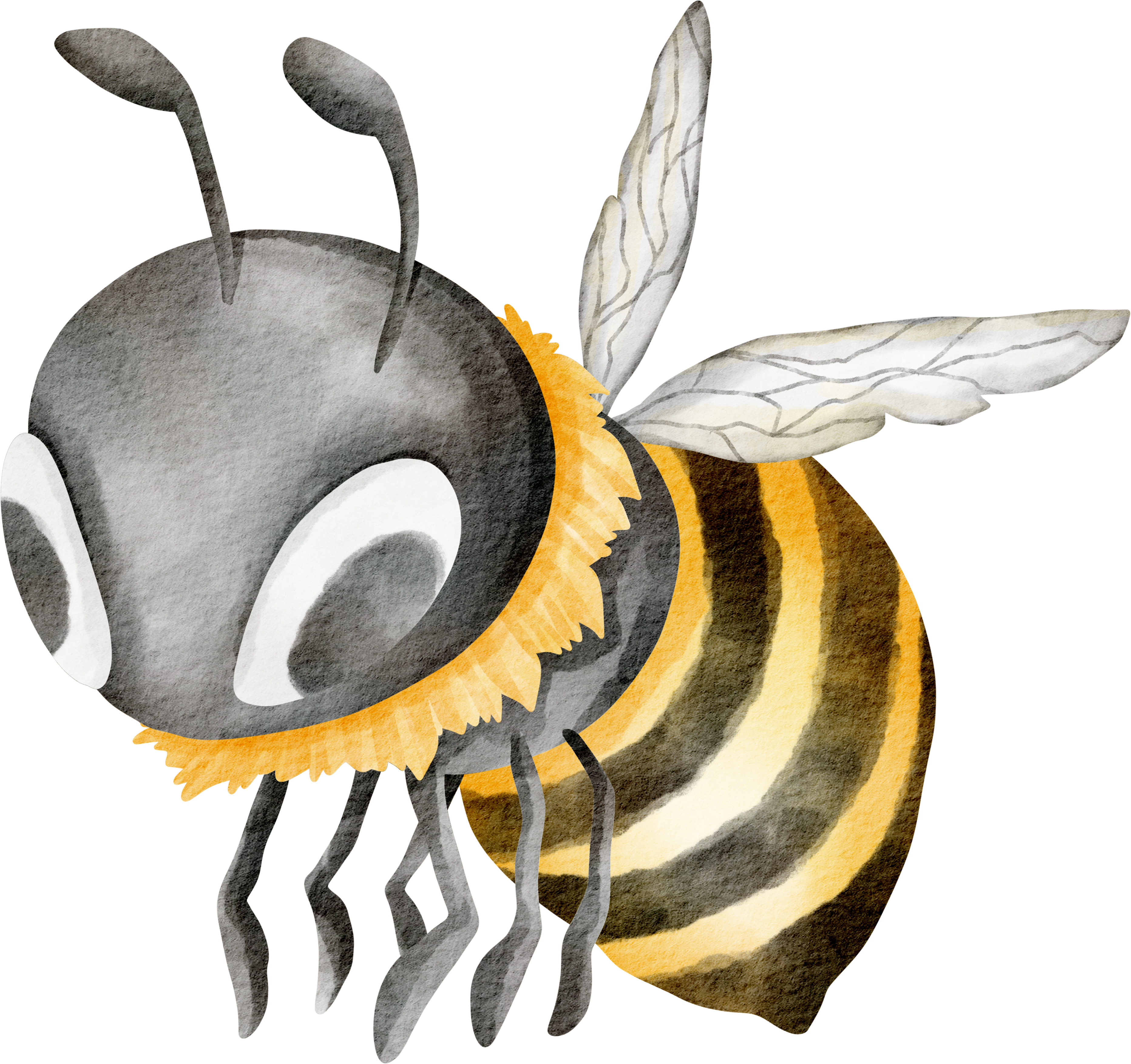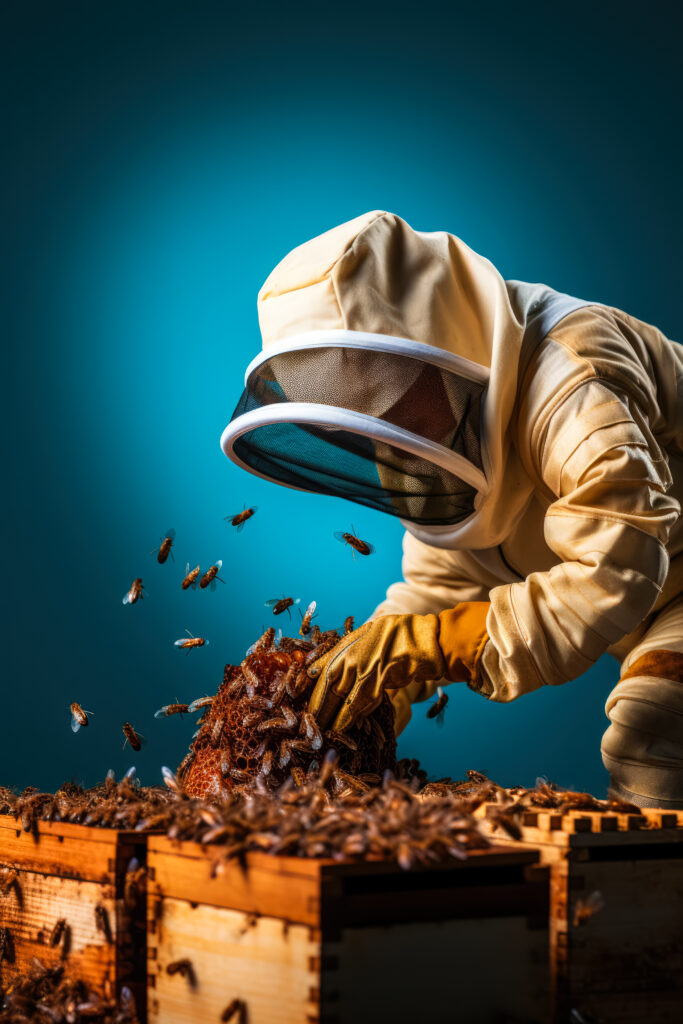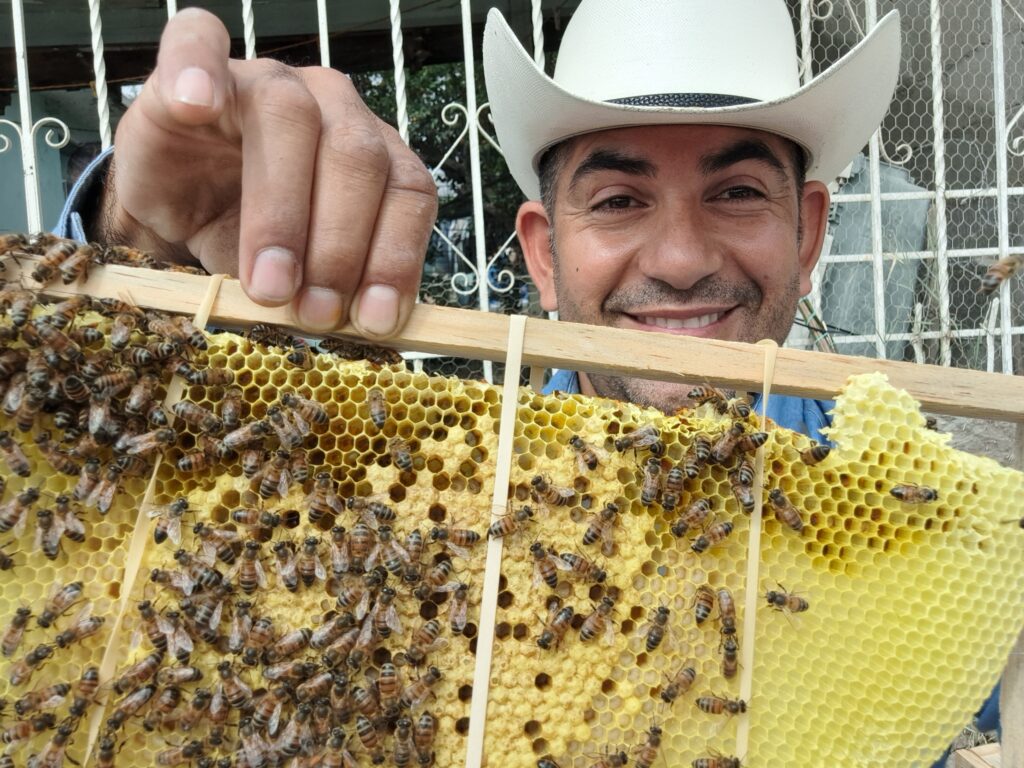Bee Venom Therapy
Bee Venom Therapy in Apiculture: A Comprehensive Exploration
Introduction
Bee venom therapy, often referred to as apitherapy, is a niche but fascinating aspect of apiculture that has been utilized for centuries for its purported therapeutic benefits. This practice involves the controlled application of bee venom, primarily administered by bee stings, for various medical and therapeutic purposes. This article aims to provide a detailed and professional overview of bee venom therapy within the context of apiculture, discussing its historical roots, potential health benefits, safety considerations, and modern applications.
Historical Roots of Bee Venom Therapy
Bee venom therapy is not a recent development; it has historical roots dating back thousands of years. Ancient cultures such as the Egyptians, Greeks, and Chinese have documented the use of bee stings for the treatment of various ailments. The practice gained prominence in traditional medicine and folklore, with the belief that bee venom possessed medicinal properties.
One of the most famous figures associated with bee venom therapy is Austrian physician Dr. Philipp Terč, who, in the 18th century, observed the health benefits experienced by beekeepers exposed to bee stings. His research laid the foundation for contemporary apitherapy.
Health Benefits and Therapeutic Claims
Bee venom, which is a complex mixture of proteins, peptides, and enzymes, is believed to have various therapeutic benefits. Some of the key claims and areas of application include:
Pain Relief: Bee venom contains peptides, such as melittin, that are believed to have analgesic properties. It is used for the management of chronic pain conditions, such as arthritis and multiple sclerosis.
Anti-Inflammatory Effects: Bee venom has been studied for its anti-inflammatory properties, making it a potential treatment for inflammatory disorders like rheumatoid arthritis.
Allergies: Apitherapy is sometimes employed in desensitization treatments for individuals with bee sting allergies.
Skin Conditions: Bee venom has been used for skin conditions, such as acne and psoriasis, due to its potential antimicrobial and anti-inflammatory properties.
Neurological Disorders: Some research suggests that bee venom may have neuroprotective effects and could be explored for conditions like Parkinson's disease and Alzheimer's disease.
Safety Considerations
While bee venom therapy has shown promise in some areas, it is crucial to approach it with caution due to the potential risks. Some important safety considerations include:
Allergic Reactions: Bee venom can trigger allergic reactions, ranging from mild to severe. Individuals with bee allergies should avoid bee venom therapy.
Infection Risk: Improper administration of bee venom can lead to infections, as the bee's stinger can carry bacteria. Proper sterilization is essential.
Pain and Discomfort: Bee stings can be painful and may cause discomfort, swelling, and redness.
Lack of Scientific Evidence: Many claims about the therapeutic benefits of bee venom are anecdotal or lack robust scientific evidence.
Modern Applications
Bee venom therapy has seen a resurgence in recent years, with some individuals and practitioners exploring its potential benefits. Modern applications include the use of bee venom in skincare products, cosmetics, and alternative medicine practices. Additionally, research into the biochemical composition of bee venom continues, offering insights into its potential therapeutic uses.
Conclusion
Bee venom therapy remains a controversial and niche area of apiculture. While it has a rich historical background and some anecdotal support for its therapeutic benefits, it is essential to approach it with caution, particularly regarding allergic reactions and a lack of comprehensive scientific evidence. As the field of apitherapy continues to evolve, further research and exploration may provide additional insights into the therapeutic potential of bee venom, and its place in modern medicine and apiculture.




